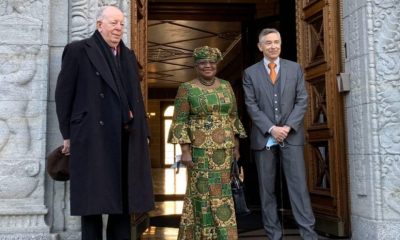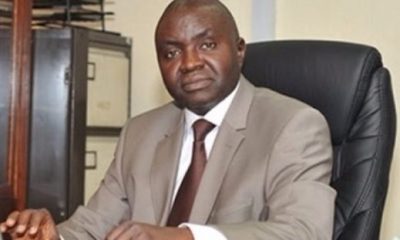Business
Ngozi Okonjo-Iweala warns Nigeria about declining GDP growth
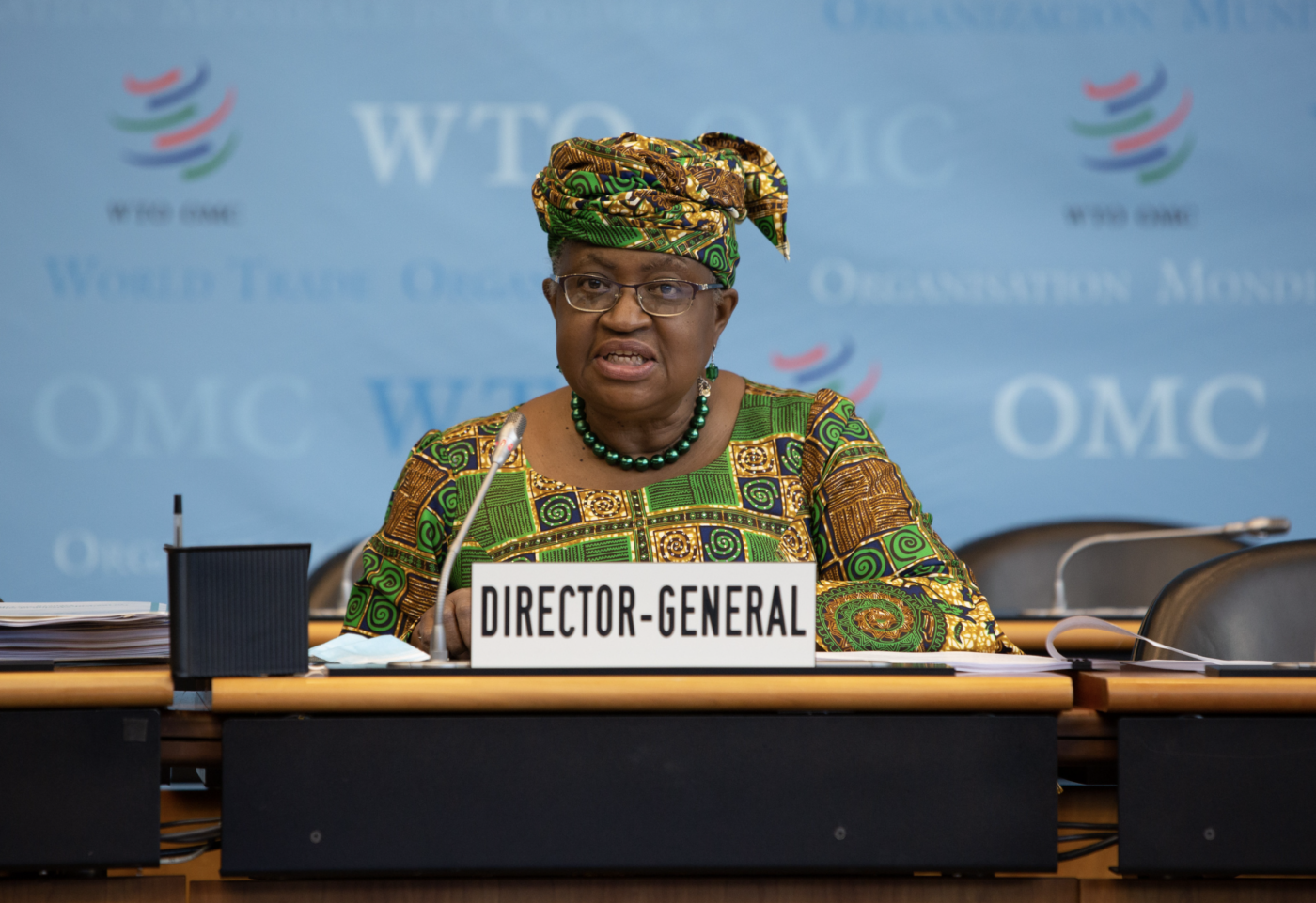
Ngozi Okonjo-Iweala, Director General of the World Trade Organization (WTO), has emphasized that Nigeria’s economic growth has been on a steady decline since 2014, attributing this downturn to inconsistent economic policies and a failure to sustain growth momentum.
Speaking at the Nigerian Bar Association’s (NBA) annual General Conference, Okonjo-Iweala drew attention not just to the numbers but to the underlying policy failures that have led to Nigeria’s economic struggles. She highlighted that the issue isn’t just about declining GDP figures but about the lack of continuity in economic reforms across different administrations.
Okonjo-Iweala noted that from 2000 to 2014, Nigeria enjoyed a period of economic growth, with an average GDP increase of 3.8%, outpacing the population growth rate of 2.6%. However, this growth was not merely due to high oil prices but also because of strategic reforms. Since 2014, however, the GDP growth rate has turned negative, averaging -0.9%, which she attributes to the government’s inability to maintain consistent economic policies and reforms.
She argued that the inconsistency in economic policies across different governments has caused Nigeria to miss out on sustained growth and development. “We need to adopt and stick to sound economic policies, irrespective of the administration in power, to ensure long-term development,” Okonjo-Iweala stressed.
The WTO chief’s remarks come amidst ongoing debates about Nigeria’s economic direction under President Bola Tinubu, who has pledged to grow the economy to $1 trillion. However, Okonjo-Iweala’s comments suggest that achieving such ambitious goals will require more than just promises; it will require consistent and sustainable economic policies that transcend political cycles.
Okonjo-Iweala also proposed the need for a social contract between the government and the people, transcending political affiliations to ensure that agreed-upon economic policies are adhered to, regardless of which party is in power. She believes this approach would prevent the negative economic growth and diminished job prospects that Nigerians have experienced over the past decade.
The discussion about Nigeria’s economic policies is critical as the country faces multiple challenges, including high inflation, low employment rates, and rising national debt. The recent report from the National Bureau of Statistics showed a GDP growth decline to 2.98% in the first quarter of 2024, lower than the 3.46% recorded in the last quarter of 2023.



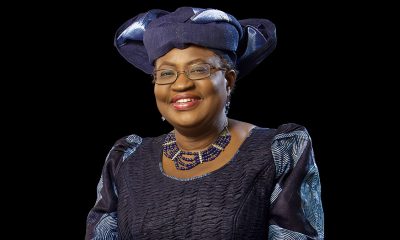

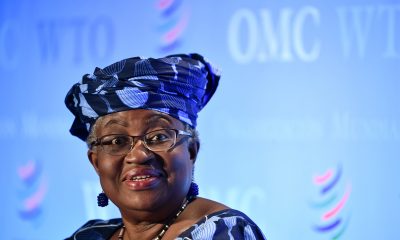

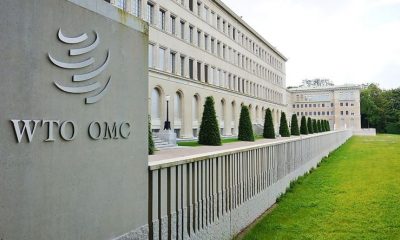

![Buhari receives Okonjo-Iweala in Aso Villa [PHOTOS]](https://topnaija.ng/wp-content/uploads/2021/03/Buhari-receives-Okonjo-Iweala-in-Aso-Villa-PHOTOS-Top-Naija-400x240.jpg)
![Buhari receives Okonjo-Iweala in Aso Villa [PHOTOS]](https://topnaija.ng/wp-content/uploads/2021/03/Buhari-receives-Okonjo-Iweala-in-Aso-Villa-PHOTOS-Top-Naija-80x80.jpg)
